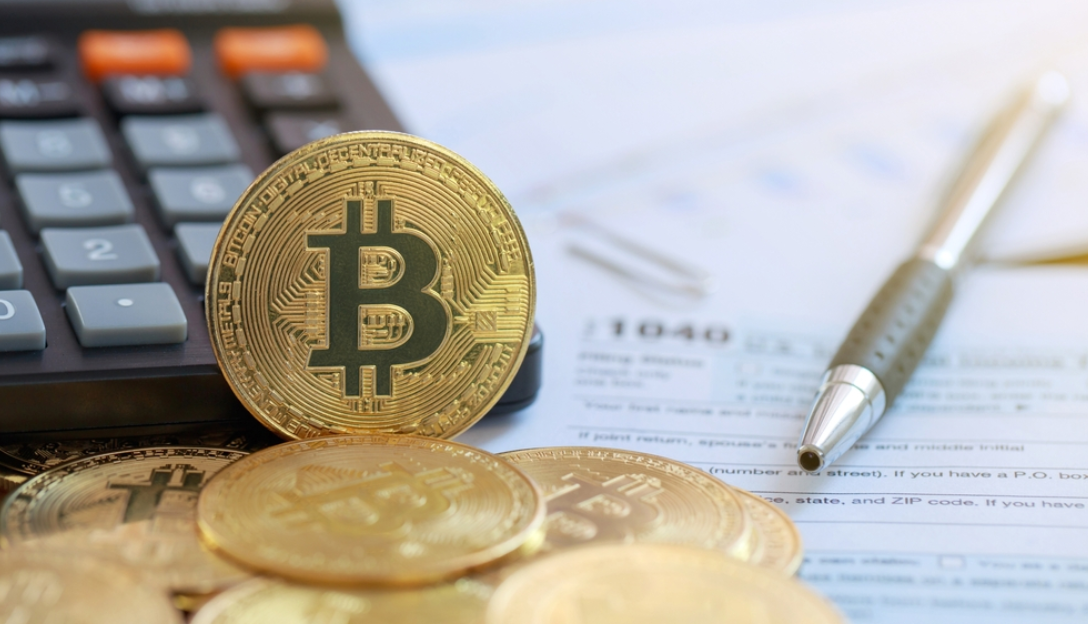With the explosion of interest in Crypto currencies; a lot of tax myths have been popping up around Perth about how crypto currencies are taxed. So we will go through a few of them to get the tax facts straight.
Buying crypto is a hobby
The extension of this concept is that if crypto currency is done as a hobby then the profits from that hobby are tax free. Sadly, this argument is not true as the tax law definition of a “CGT Asset” will extend to crypto currencies like Bitcoin.
There are some private tax rulings from the early days where taxpayers have shown they originally acquired Bitcoin from a purely technological interest and never intended to generate profits. And it is fair to say that with the evolution and acceptance of Bitcoin (and its equivalents) becoming mainstream that this argument will be difficult to repeat.
Crypto costing less than $10k is tax free
If a personal use asset costs less than $10k the profits on the sale of that asset are tax free. So this argument is effectively presenting that Bitcoin is a personal use asset.
This is rarely true. The ATO have indicated in Private Tax Rulings that Bitcoins purchased through a Bitcoin trader is a “CGT Assets” under capital gains tax law.
If a person say, sold an old couch, and the buyer transferred part of a bitcoin to that person – there might be an argument. And given the risk associated with that argument we recommend a Private Tax Ruling is applied.
For almost all purposes Bitcoin is a CGT asset.
Bitcoin is anonymous so I will not get found
Crypto currency exchanges report to the ATO the Bitcoin and other currencies so your trading is known to the ATO. This information appears in the tax reports we obtain from the ATO on behalf of clients – so the concept of anonymity is not relevant to most crypto currency.
Further a taxpayer should not focus on detection risk given the high level of penalties. Strategic and considered tax advice is not about being dodgy and dumb. At Westcourt we are considered and focused on tax advice but not at the cost of being lazy or fraudulent.
Crypto currency is money for taxation purposes
No it is not. The ATO have released guidance that Bitcoin is not money and it taxed as a CGT asset.
Under Australian tax law currency is either:
- Australian legal enter: or
- A currency that is legal tender in another country as a means of discharging monetary obligations and payments in that other country.
And Bitcoin (or any other crypto currency) is not legal tender in any country currently.
Crypto is subject to GST
From 1 July 2017 the sale and purchase of digital currencies are GST free.
If you are registered for GST the sale of crypto currencies are an “input taxed supply” and not subject to GST. Likewise costs associated with generating the income from crypto currencies cannot enjoy a GST input taxed credit.
The tax opportunities on crypto are gone
This is far from the truth. Crypto is simply a tax asset like any other – and a considered strategic tax advice piece can generate a family significant tax benefits.
A Westcourt GAP analysis is a common starting point for a family looking at crypto investing so that the tax strategy of crypto ties into the raft of other strategies at interplay with a family.
Managing crypto investments is complex
Technology and reporting systems significantly reduce reporting obligations and tax management of crypto currencies. And will the tax management and tax administration of crypto investing can take a little bit of thought upfront – that work can significantly reduce the compliance burden later on.
Westcourt have helped a lot of families in business get their crypto platforms organized and streamline tax reporting information and we are happy to help current or new clients on the correct accounting and technology platforms when it comes to crypto investing.






